Why You Need a Conveyancing Solicitor in Cork for Your Property Transaction
Blog
-
 28/08/2024 0 CommentsWhy You Need a Conveyancing Solicitor in Cork for Your Property TransactionRead More
28/08/2024 0 CommentsWhy You Need a Conveyancing Solicitor in Cork for Your Property TransactionRead More -
 21/12/2023 0 CommentsNavigating Legal Frontiers: A Guide to Litigation with Denise Kelleher & Associates SolicitorsRead More
21/12/2023 0 CommentsNavigating Legal Frontiers: A Guide to Litigation with Denise Kelleher & Associates SolicitorsRead MoreWelcome to Denise Kelleher & Associates Solicitors, where we recognize that legal battles require not just expertise but also a compassionate understanding of our clients' needs.
-
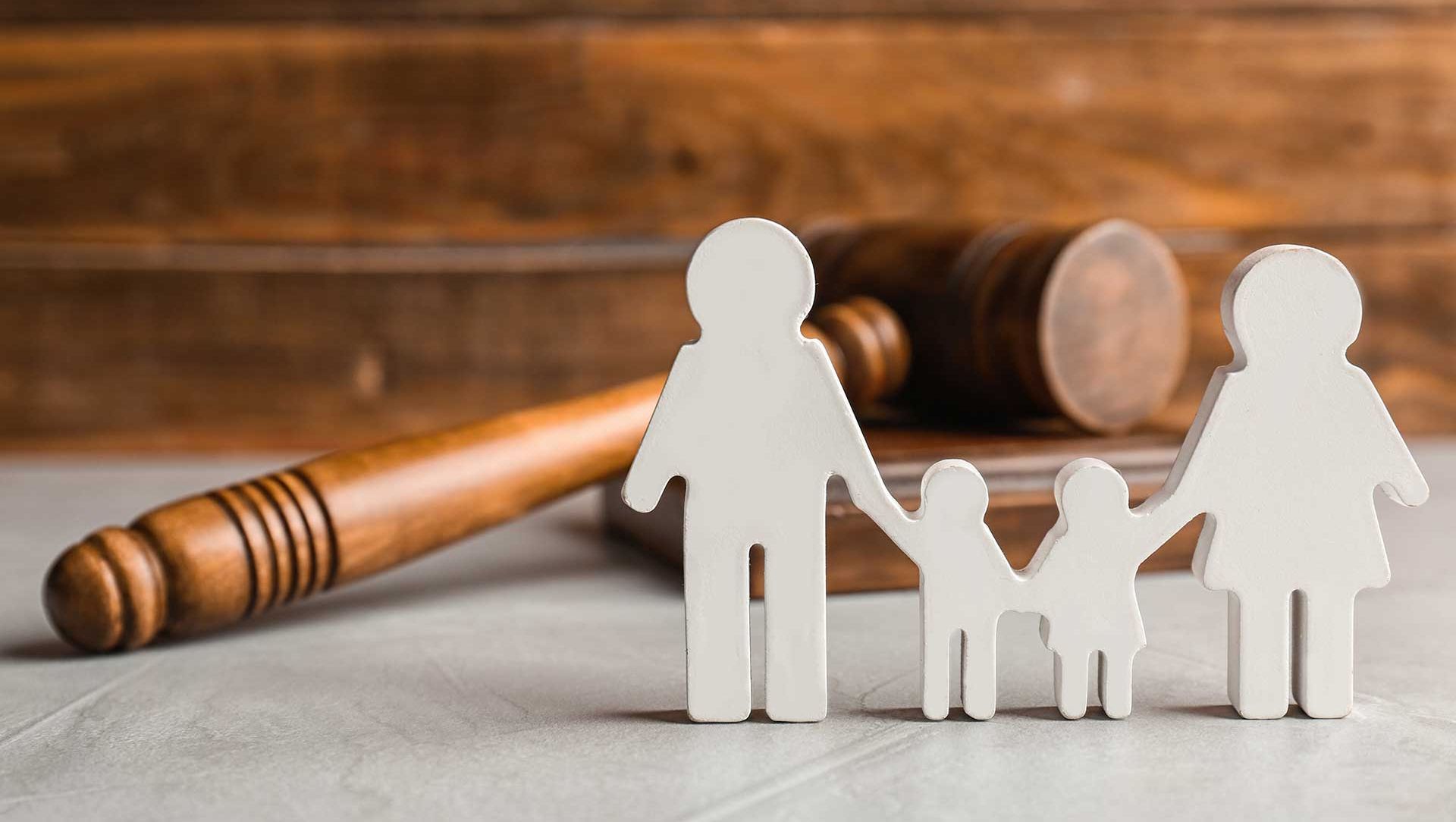 06/12/2023 0 CommentsThis year Ireland improved elements of family law - what changed?Read More
06/12/2023 0 CommentsThis year Ireland improved elements of family law - what changed?Read MoreIn 2023, Ireland witnessed significant advancements in family law, bringing about crucial changes to the legal landscape. These transformative developments not only reflect the evolving societal norms but also aim to streamline and enhance the legal processes governing familial matters.
-
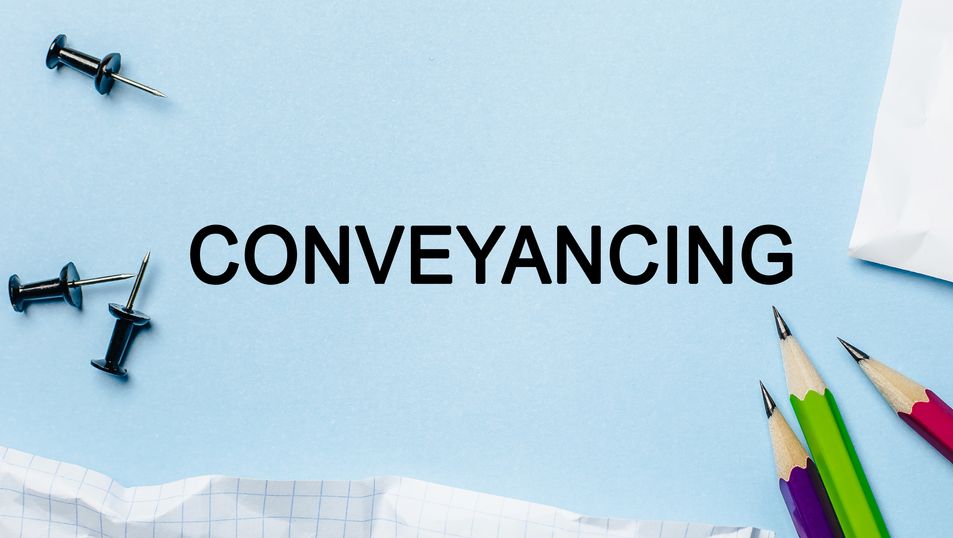 02/10/2023 0 CommentsWhy Do You Need Conveyancing Services?Read More
02/10/2023 0 CommentsWhy Do You Need Conveyancing Services?Read MoreAre you unsure why you might need conveyancing services when buying or selling a property? Do conveyancing services facilitate to financial transactions? If conveyancing services help with property searches and due diligence? Or if conveyancing services ensure legal compliance? Our team at Kelleher Denise & Associates Solicitors are here to tell you why you need conveyancing services when buying or selling a property!
Conveyancing
Conveyancing may not be a term that immediately springs to mind when you think about buying or selling a property, but it's a crucial aspect of the real estate transaction process. Conveyancing involves the legal transfer of property ownership from one party to another and encompasses various tasks, including legal paperwork, property searches, and financial transactions. In this blog, we'll delve into the importance of conveyancing services and why you need them when navigating the complex world of real estate.
Can conveyancing services ensure legal compliance?
Property transactions involve a multitude of legalities, regulations, and paperwork that can be overwhelming for those not well-versed in the field. Conveyancing services provide you with expert guidance and assurance that all legal requirements are met. Conveyancers are trained professionals who specialize in property law, ensuring that your transaction complies with local, state, and national laws. They handle the intricate legal paperwork, such as contracts and deeds, and ensure that all parties involved are protected throughout the process.
Can conveyancing services help with property searches and due diligence?
Conveyancers conduct extensive property searches and due diligence on your behalf. This involves investigating the property's history, checking for any outstanding liens or encumbrances, and ensuring there are no hidden surprises. Property searches are essential for uncovering any potential issues that could affect the property's value or your ownership rights. Conveyancing services provide you with peace of mind, knowing that you are fully aware of the property's status before finalizing the transaction.
Do conveyancing services facilitate to financial transactions?
Conveyancers play a crucial role in managing the financial aspects of a property transaction. They handle the transfer of funds between parties, ensuring that payments are made accurately and on time. Additionally, they calculate and manage taxes, stamp duties, and other financial obligations related to the transaction. This meticulous financial management prevents costly mistakes and ensures a smooth transfer of ownership.
Conveyancing services are an indispensable part of any property transaction, whether you're buying or selling real estate. They offer legal expertise, ensure compliance with regulations, conduct property searches, and manage financial transactions, all while safeguarding your interests. While it may be tempting to navigate the complexities of property transactions independently, the potential risks and pitfalls make professional conveyancing services a wise investment. Whether you're a first-time homebuyer or a seasoned property investor, the expertise of conveyancers is your key to a successful and legally sound real estate transaction.
-
 23/08/2023 0 CommentsStreamlined Conveyancing Solutions with Denise Kelleher & Associates SolicitorsRead More
23/08/2023 0 CommentsStreamlined Conveyancing Solutions with Denise Kelleher & Associates SolicitorsRead MoreAt Denise Kelleher & Associates Solicitors, we specialize in providing you with seamless conveyancing services that take the stress out of property transactions. Our team is committed to guiding you through the intricacies of buying or selling property, ensuring a smooth and efficient process from start to finish. With our expertise and dedication, you can trust us to handle your conveyancing needs with the utmost professionalism.
Navigating the Conveyancing Landscape
Navigating the legal landscape of property transactions can be a daunting task. That's where we come in. Our experienced team understands the complexities involved in conveyancing, and we are here to simplify the process for you. From preparing legal documents to conducting property searches and liaising with all parties involved, we take care of the details so that you can focus on the bigger picture.
Personalised Approach
At Denise Kelleher & Associates Solicitors, we believe that each client's needs are unique. That's why we take a personalized approach to every conveyancing case. We listen to your requirements and tailor our services to match your specific situation. Whether you're a first-time buyer, a seasoned investor, or a homeowner looking to sell, we ensure that our solutions align with your goals and expectations.
Efficiency and Attention to Detail
Time is of the essence in property transactions, and we value your time as much as you do. Our efficient and meticulous approach ensures that your conveyancing process is completed promptly without compromising on quality. We leave no stone unturned when reviewing contracts and documents, ensuring that all legal aspects are thoroughly examined and addressed.
When it comes to conveyancing, you deserve a team that is dedicated to your best interests. At Denise Kelleher & Associates Solicitors, we pride ourselves on being your trusted partners in the world of property transactions.
-
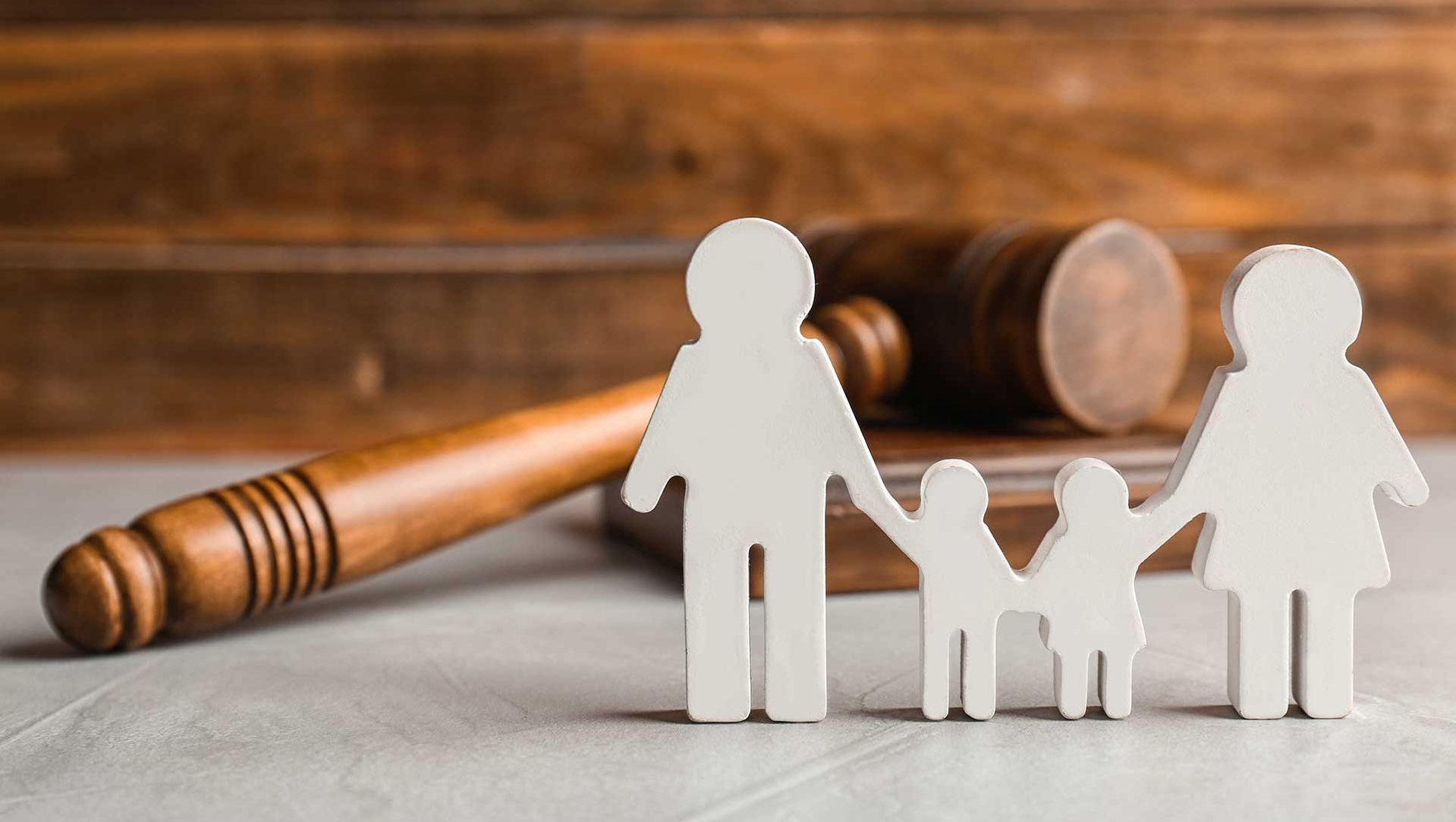 17/07/2023 0 CommentsNavigating Family Law Matters: The Role of a Family Law SolicitorRead More
17/07/2023 0 CommentsNavigating Family Law Matters: The Role of a Family Law SolicitorRead MoreAre you looking to hire a family law solicitor in Cork? How can a family law solicitor benefit you? What roles can a family law solicitor cater to? Our team at Denise Kelleher & Associates Solicitors have prepared three answers from a family solicitor to answer any questions!
Family Law Solicitor
Family law matters can be emotionally challenging and legally complex, requiring expert guidance and support. When facing issues such as divorce, child custody disputes, or financial settlements, enlisting the services of a family law solicitor is crucial. A family law solicitor specialises in the intricacies of family law and can provide invaluable assistance throughout the legal process. In this article, we will explore three key points highlighting the role and benefits of a family law solicitor.
Does the family law solicitor offer expert legal advice and representation?
Family law is a specialised field encompassing various legal matters related to family relationships. Engaging a family law solicitor ensures you can access expert legal advice tailored to your circumstances. Whether you seek guidance on divorce proceedings, child custody issues, or financial settlements, a family law solicitor will assess your situation, explain your rights and obligations, and provide comprehensive advice on the best course of action. Additionally, they will represent your interests in negotiations, mediation, or court proceedings, advocating for your rights and striving to achieve a favourable outcome.
Does the family solicitor offer emotional support and mediation?
Family law matters can evoke intense emotions and strains on relationships. A family law solicitor not only provides legal guidance but also offers valuable emotional support during challenging times. They understand the sensitivities surrounding family disputes and can help you navigate the emotional complexities with empathy and compassion. Furthermore, a skilled family law solicitor can facilitate mediation between parties, encouraging dialogue and negotiation to reach mutually agreeable resolutions. This can help minimise conflict, protect familial relationships, and ensure all parties' well-being, mainly when children are concerned.
What is your family law solicitors' Legal Processes and Procedures knowledge?
Family law procedures can be intricate, with specific rules and deadlines that must be followed. A family law solicitor understands these processes and procedures, ensuring that your case progresses smoothly and efficiently. From filing necessary documents and meeting court requirements to providing accurate financial disclosures, a family law solicitor will guide you through each step, minimising the risk of errors or oversights that could impact the outcome of your case. Their expertise in navigating the legal system allows you to focus on critical personal matters while they handle the legal complexities on your behalf.
When dealing with family law matters, the guidance and support of a family law solicitor are invaluable. Their expertise in providing legal advice and representation and their understanding of the emotional aspects of family disputes ensure a comprehensive approach to resolving your case. By engaging a family law solicitor, you can confidently navigate the legal intricacies, knowing that you have a dedicated professional advocating for your best interests. Remember, seeking the assistance of a knowledgeable family law solicitor is a proactive step toward achieving a fair and equitable resolution, ultimately safeguarding the well-being of you and your loved ones. Contact our Denise Kelleher & Associates Solicitors team today for more information on our family law solicitors!
-
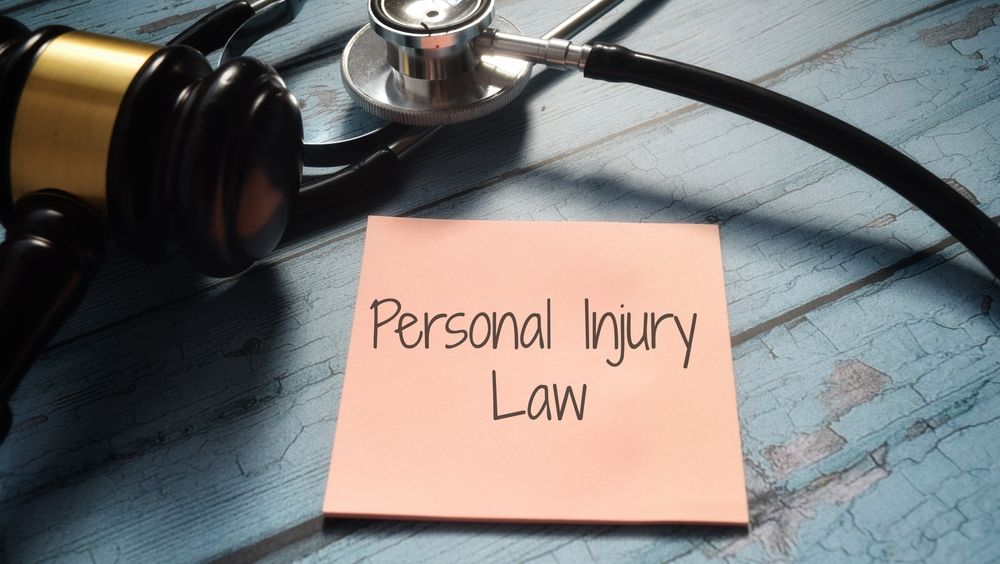 20/01/2023 0 CommentsPersonal Injury: Some of the Most Common Questions AnsweredRead More
20/01/2023 0 CommentsPersonal Injury: Some of the Most Common Questions AnsweredRead MoreBeing injured can lead to a distressing time for individuals. An injury can lead to high medical expenses, lost wages, and mental and physical distress. This painful time can be compounded by knowing that the accident wasn't the individual's fault.
Inevitably if a person is considering pursuing a personal injury claim, they will have questions. To make the process of deciding on pursuing an accident claim easier, we have compiled some of the most common questions our injury solicitors are asked.
Of course, every claim is different, and we highly recommend scheduling a consultation with our injury solicitors to discuss the specifics of your accident.
What is a personal injury claim?
A personal injury claim is a legal process in which an individual who has been harmed or injured due to another person's negligence or wrongdoing seeks compensation for their losses. This can include medical expenses, lost wages, and damages for pain and suffering. Personal injury claims can be brought against individuals, businesses, or other entities and are handled by a qualified personal injury solicitor.
What is the Personal Injuries Assessment Board?
The Personal Injuries Assessment Board (PIAB) is an independent body in Ireland that was established to assess personal injury claims and make recommendations for compensation. The PIAB is responsible for assessing claims for compensation for personal injury, whether the injury resulted from a road traffic accident, a work accident, a public liability accident, or medical negligence.
The PIAB assesses claims based on the evidence provided by the parties, including medical reports and other relevant documentation, and issues a recommendation for the level of compensation that should be awarded. This recommendation is not binding, but the parties generally follow it. The PIAB process is intended to be quicker and less costly than going to court.
PIAB can also assist parties in settling a claim before the assessment stage, using their expertise in evaluating the claims.
How long does the Personal Injuries Assessment Board take to decide on a personal injury?
The Personal Injuries Assessment Board (PIAB) aims to decide on a personal injury claim within 26 weeks of receiving a completed application. However, the actual time it takes to decide on a claim can vary depending on the case's complexity, the availability of medical reports, and other factors.
It is important to note that the 26-week target is just an aim, and it can sometimes take more time. The PIAB also publishes a performance report on their website, showing how long it has taken them to process claims.It's worth noting that if either party is unhappy with the decision of the PIAB, they can still take the case to court, where a judge's decision will be final.
How do I know if seeking personal injury damages is appropriate?
It may? be appropriate to seek personal injury damages if you have been injured due to someone else's negligence or wrongful action.
Here are a few examples of situations where it may be appropriate to seek personal injury damages:
You were in a car accident caused by another driver's negligence.
You slipped and fell on someone else's property due to their failure to maintain a safe environment.
You were injured at work due to your employer's failure to provide a safe work environment.
You were injured due to medical negligence.
It is also important to note that the personal injury solicitors at Denise Kelleher & Associates Solicitors can advise you if it's in your best interests to pursue a personal injury claim.Individuals will still have questions regarding the personal circumstances of their injury. We recommend contacting our offices and organising a consultation with our team.
-
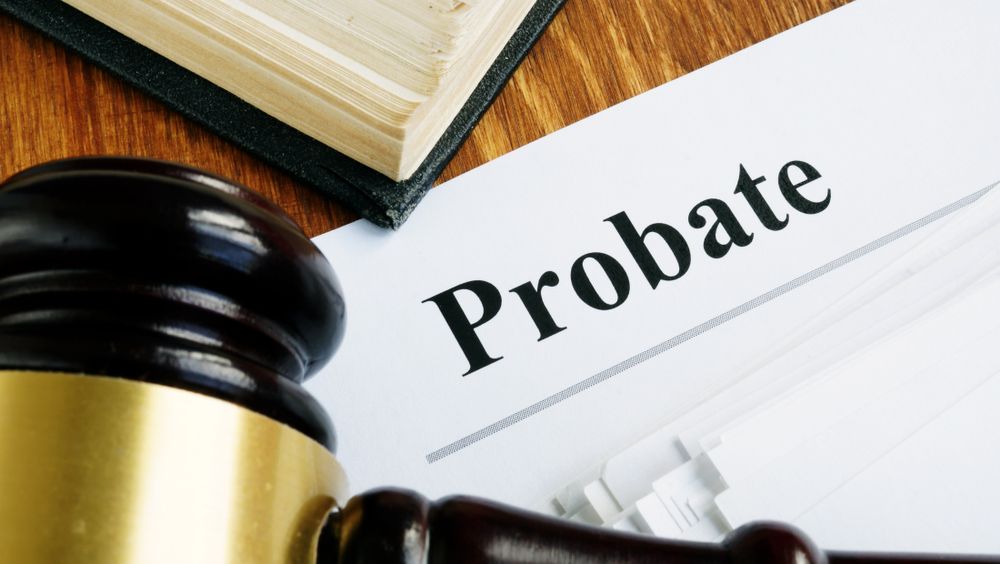 07/09/2022 0 CommentsWhat is Probate and how it worksRead More
07/09/2022 0 CommentsWhat is Probate and how it worksRead MoreWhen discussing property law, the term probate is often used. However, outside of solicitors, many people don't understand what the term probate actually means. Therefore, our probate solicitors will discuss probate and how this law works in Ireland.
What is Probate?
In Ireland, probate is the legal process that gives a person – or a group of people – the legal authority to deal with a deceased person's estate. A person can apply for this authority but making an application to the probate office or the district probate registry. However, in complex probate cases, we highly recommend hiring one of our dedicated probate solicitors.
Details Regarding Probate
This legal process is sometimes required after a person passes away. The application process involves getting a Grant of Representation document from a local probate office. Once probate is issued, the applicant can access and distribute the deceased estate. If there is a "Will", then probate is also designed to prove the will.
Probate is a legal process to protect the beneficiaries of the deceased estate. Generally speaking, probate allows the courts to access the will's validity and ensure the correct person administers the estate.Is Probate Required if There is a Will?
One of the more common myths surrounding probate is that it is not required if the deceased left a will. This is a misconception. Probate must be activated even if the deceased left a valid will. While it's true that probate is started to prove the validity of a will, it is also concerned with enshrining an individual's authority to administer the deceased's estate.Are There Instances when Probate is not Required?
Yes, probate is not required in cases where there is a relatively small estate. As a rule of thumb, if the estate's total value is below €25,000, then probate will not be required. However, to ensure this, checking with the financial institution or the bank holding the deceased assists first is best.
Please contact our offices today if you have any more questions regarding probate or would like to speak to a dedicated probate solicitor in Cork.
-
 07/09/2022 0 CommentsCommon Types of Personal Injuries Cases in IrelandRead More
07/09/2022 0 CommentsCommon Types of Personal Injuries Cases in IrelandRead MoreRecently in the media, there has been a lot written about personal injury claims. Inevitably most publications and media organisations focus on some of the larger pay-outs and more outlandish personal injury claims. Unfortunately, this can sometimes cast personal injury claims in an overly negative light. The law regarding personal injury claims was designed to protect the general public from the financial burdens of recuperating from an injury. In more minor cases, compensation can be used to cover the medical bills following an accident. Compensation is also designed to pay for the long-term care needs of an accident victim.
In contrast to the more bombastic reporting we sometimes read about, we'd like to focus on some of the more common personal injury claims that we assist our clients with daily.Road Traffic Accident Claims
While recent annual traffic reports have thankfully demonstrated that significant and fatal road traffic accidents are on a downward trajectory, minor accidents remain common. As Cork personal injury solicitors, we often represent individuals who have been injured in road traffic accidents. A traffic accident can include collisions between two vehicles, collisions with cyclists and motorbikes and accidents involving pedestrians. Unfortunately, road traffic accidents can have profound health implications for the injured party. Road traffic accident claim compensation helps to cover the cost of rehabilitation following an accident.Medical Negligence Claims
Medical negligence refers to a patient suffering an injury due to the actions or inaction of a medical professional. Some more common medical negligence claims can involve misdiagnosis, hospital negligence and surgical errors. An individual can seek medical negligence and compensation following an injury. Medical negligence cases are often highly complex and can take years.Work Accident Solicitors
Accidents at work remain a common occurrence. A work accident may happen due to a fellow employee's negligence or by management's failure to provide a safe working environment. Work accidents can mean an employee will be left with large medical bills and lost earnings due to an inability to work as they recover. Personal injury compensation is designed to cover these financial strains.If you have been involved in an accident that wasn't your fault, please call our personal injury solicitors to discuss the details of your potential claim.
